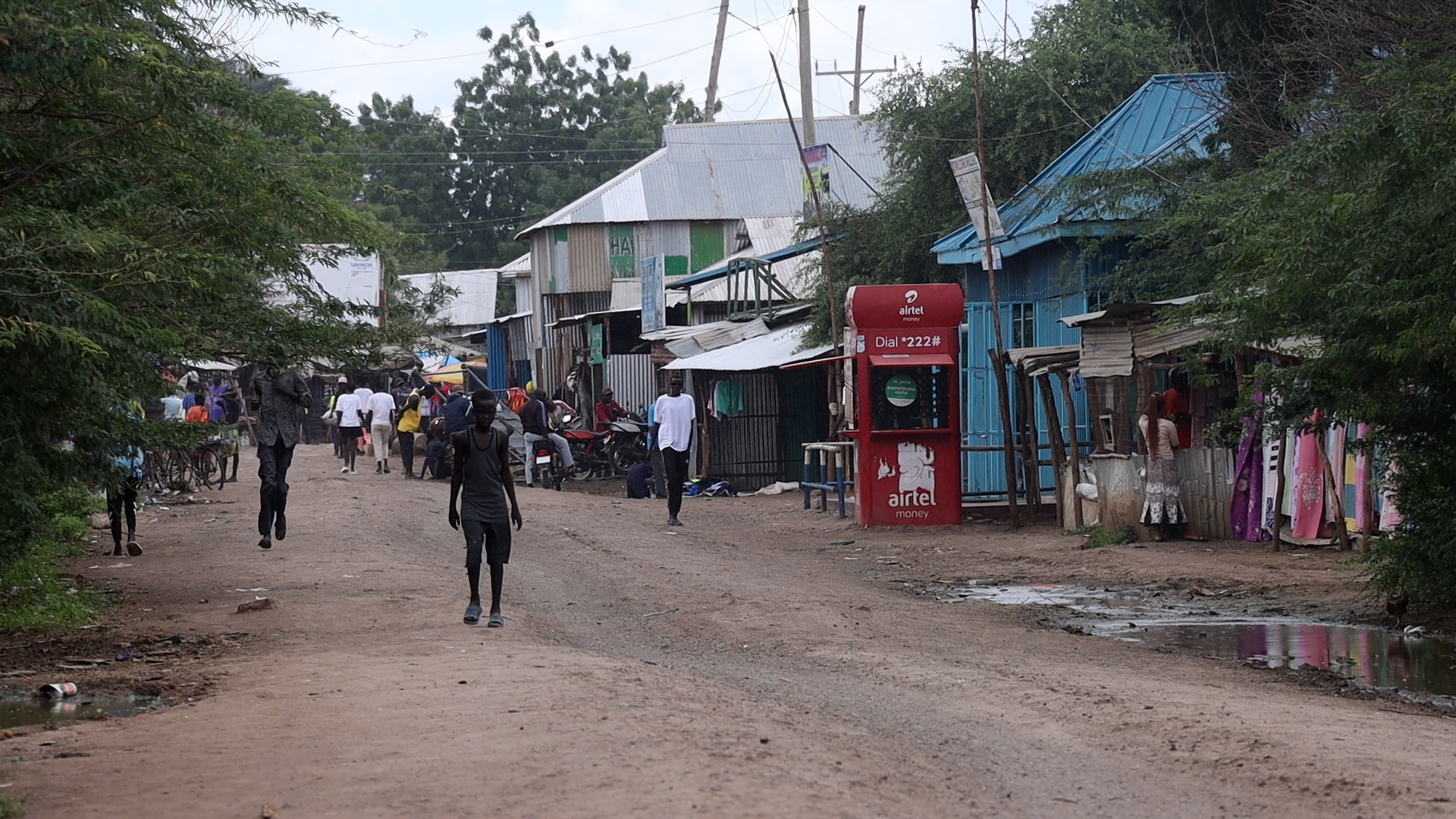Hope Beyond Limitations
Hope Beyond Limitations
By Lynesther Mureu and Harriet Ajiambo
*John (not his real name) came to Kakuma Refugee Camp in 1992 when he was 12 years old, barely crossing over to teenage hood. Originally, from South Sudan, his journey to Kakuma was not direct. His family had fled their native home when he was 2 years old to neighboring Ethiopia following the civil war that broke out in South Sudan in the early 80’s. They stayed in Ethiopia for close to 10 years before embarking on the journey that led him to Kakuma. His arrival at the camp was without his family, as they were moved as a group of boys from Lokichogio to be able to attend school in an attempt to ‘normalize’ life for them.
He recalls the earlier days with nostalgia and hope. From the confusion of not being able to understand Swahili as was being spoken by the local Turkana Community to adjusting to a new education system while at the same time being grateful to finally have a place they can call ‘home’. “Back then, we would get 100% food support and have enough pairs of clothes to get us by so we felt safe and saw a new beginning for each of us,” he recalls.
We meet him in ‘Hong Kong’, one of the famous villages in Kakuma, 31 years after his arrival in Kakuma. He managed to go through the education system, scored a C- in the Kenya Certificate of Secondary Education (KCSE), had a family and is now an early childhood teacher within the camp under a local NGO. “I have a diploma in education from Masinde Muliro University, a fete not many within the camp at my time have achieved. I am happy I have done something with my life despite the hardships we have gone through and I still keep hope alive that I will progress in life, to even earn a degree,” John states proudly.


A section of Hongkong market in Kakuma 1(left) and road entry into Kakuma town (right) that is indicative infrastructure developments have brought the town to life.
Through the years though, things have changed, he says. With the influx of refugees at the camp, scanty resources even from partners have caused decline of living standards within the camps for many. “You see, we still have limited freedoms to live and be like ‘normal’ Kenyans. I cannot apply to be a government teacher, for example, where the terms could be better for my family and I,” he ponders.
Provisions of the Amended Refugee Act 2021
The Refugees Act of 2021 has put in place new provisions aimed at improving standards of refugees and asylum seekers beyond of their confined status. Previously, though educated through the Kenyan systems even up to University level, refugees could not access formal employment in Kenya with the majority option, where available and safely possible was for many to return to their home countries for work or seek resettlement in developed countries where they could find employment. Today, the new act gives provision of refugees who have acquired education through the Kenyan system to apply for jobs and be able to compete with Kenyan citizens.
Though he is yet to know of any beneficiaries of this new law and is also hesitant on its practicability, *John is willing to push his boundaries and enroll for a University degree as he also tries out opportunities that his current diploma can avail for in the educational arena in Kenya. “The pay disparity between locals being paid by NGOs and refugees is very high so if I am able to get a government teaching job I would feel very happy and comfortable,” he adds.
In the meantime, John uses his free time to advocate for the rights of young people especially school going pupils and students. The high drop - out rates concern him and though there are boundary limitations, he insists on the youth to keep enriching themselves through education and soon they will be beneficiaries of the progressive Act and thrive beyond the camp.
As the Kenya National Commission commences the Haki na Ushirikiano project on refugee, asylum seekers and host community rights, its vision is to ensure that rights provisions within the law, especially the 2021 Act come to life and enable peaceful integration for all communities.